Just days prior to the jury reaching the verdict in the OJ Simpson double-murder trial, I was approached by a news crew for a local television station, they were doing a man-on-the-street interview, it was downtown San Diego early in the morning as people were going to work. I was wearing a business suit and carrying a briefcase, the reporter almost appeared to have an aneurysm trying to run across the street to get to me (meaning that I believe he saw what he thought would be someone who would say what he expected to hear). As the cameraman and the sound technician caught up to us, the reporter asked me if I consented being on the air to take a question about the upcoming verdict. I agreed, then when the camera was rolling, and because it’s been many years, I don’t remember the exact wording, but it was immediately obvious to me that it was asked in a biased way to get answers divided down racial lines. I didn’t take the bait, however, which frustrated the reporter. He kept rewording his agenda, trying to pinpoint me into saying that I thought Simpson should be acquitted, which I did not say. I said something about the difference between the general public’s knowledge of all the evidence and testimony presented in the case and the jury’s knowledge of all the evidence and testimony presented in the case made it impossible for anyone outside of the deliberating room to predict the outcome, regardless of ethnically-based opinions . . .
He pressed one more time, “Do you think Simpson SHOULD be acquitted?” I answered, “If that’s the direction that the evidence and testimony lead the jury, not public opinion.” Clearly exasperated, he ended the interview.
That night when I watched the newscast, sure enough, the only interviews that aired were the ones of Black people who were strongly in favor of Simpson and hoping for acquittal, and Caucasians who were strongly against Simpson and hoping for a guilty verdict. Of course, my interview did not see air. The news anchor stated (or read) that the street reporting was a sampling of anticipated reactions that blah, blah, blah, blah, blah . . .
~
Thank you, my friend.
~
Thank you too, my other friend.
~
I see no incorrect use or placement of commas.
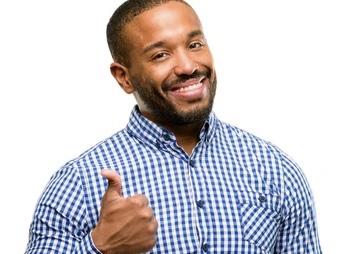
~
You’re so personable and polite that I can’t imagine you ever being unladylike AT ALL For instance, you’d never use that type of language with me, would you?
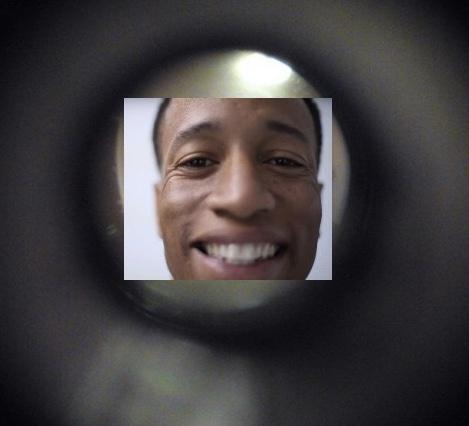

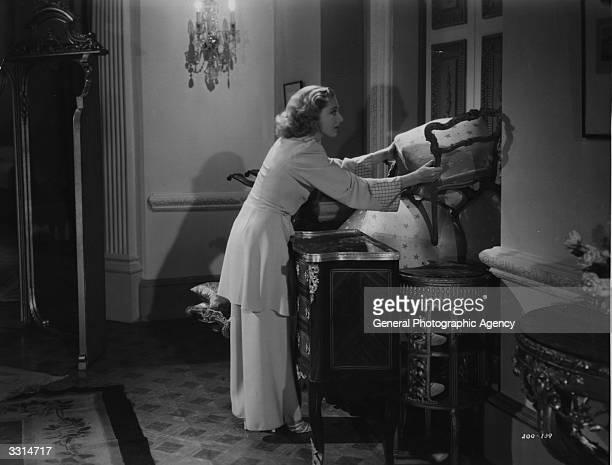
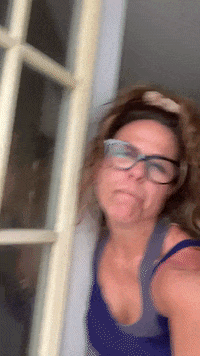
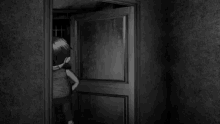
(Oops. I guess I didn’t think that one through . . . Grrrrrrr.)![]() ~
~